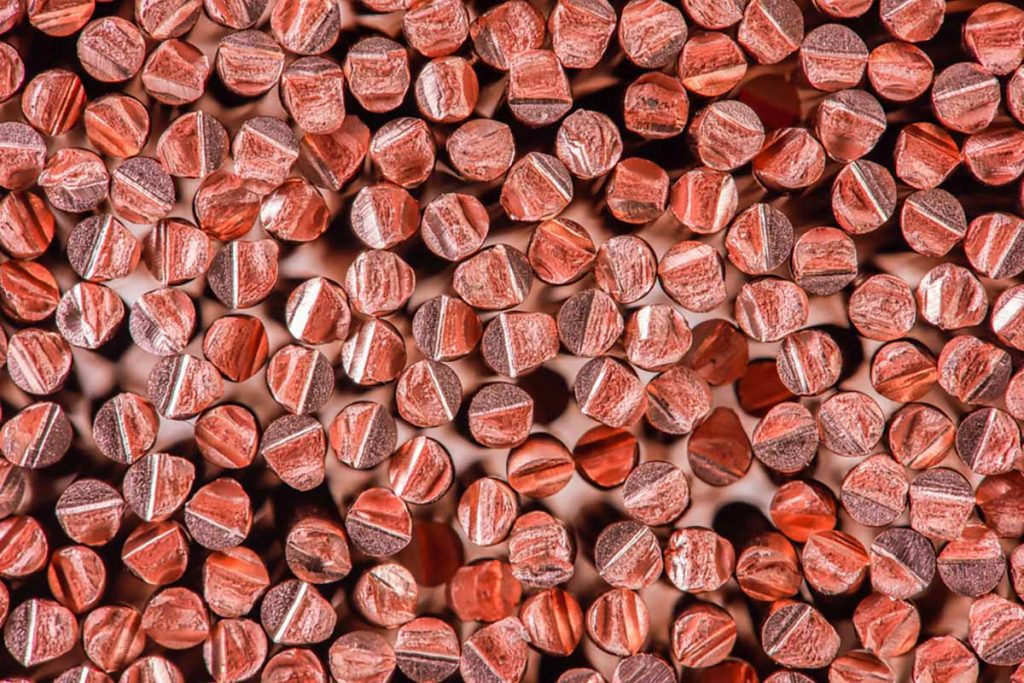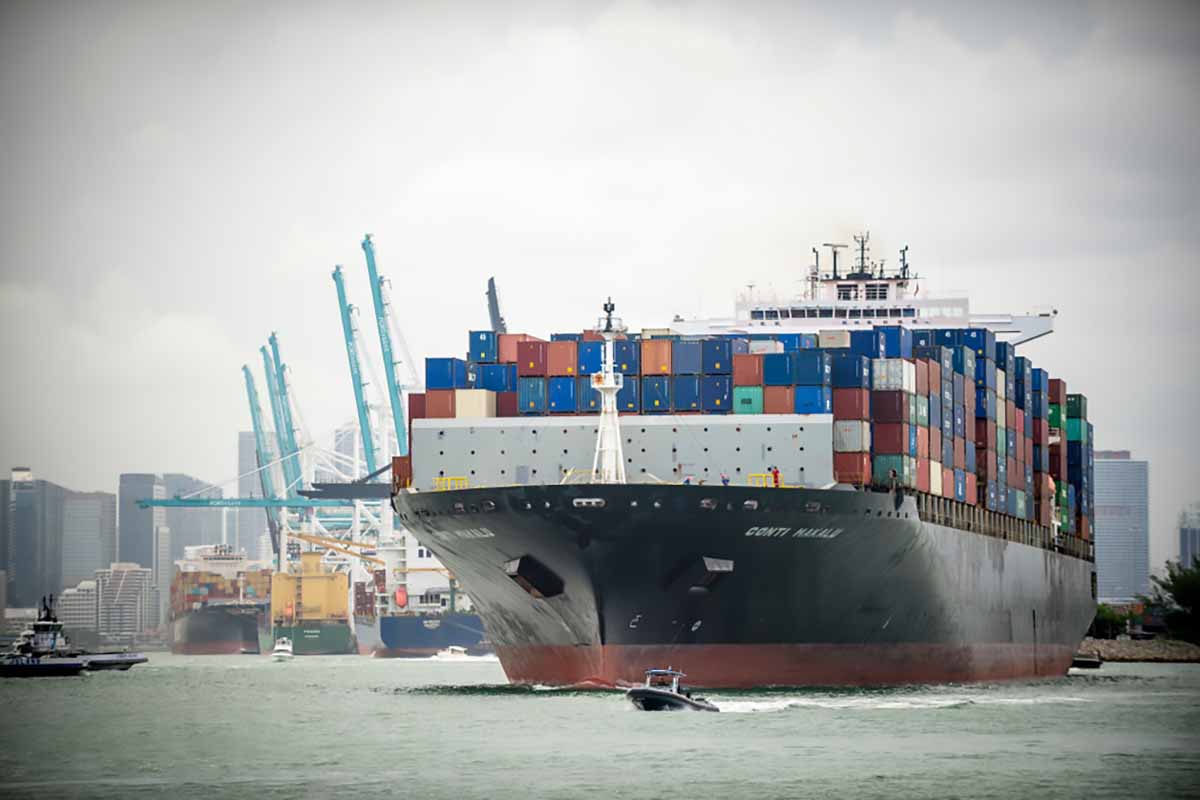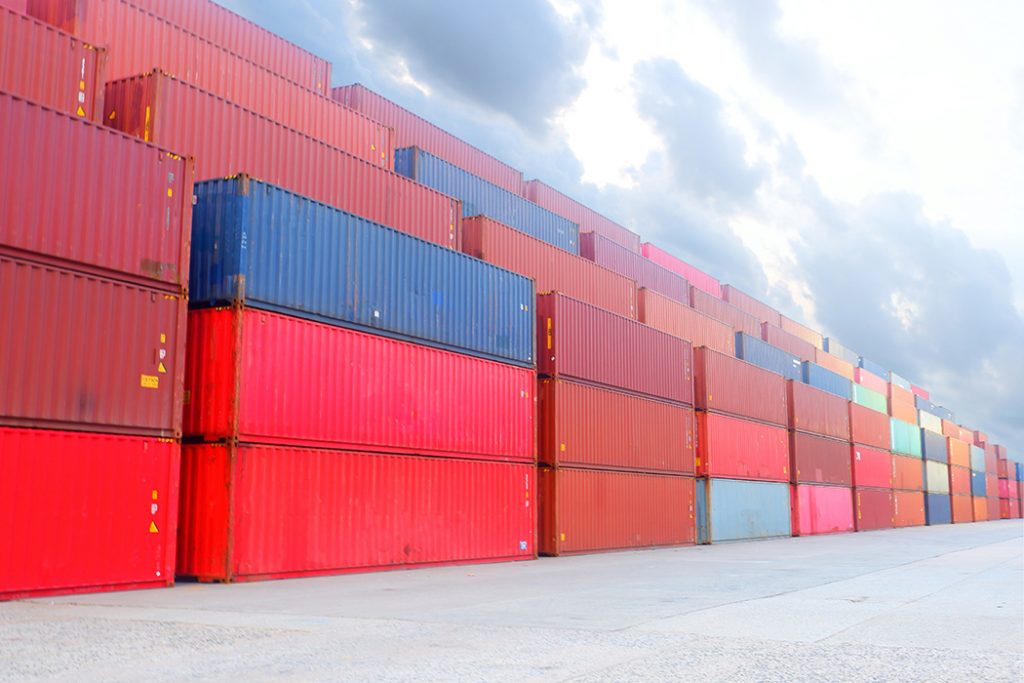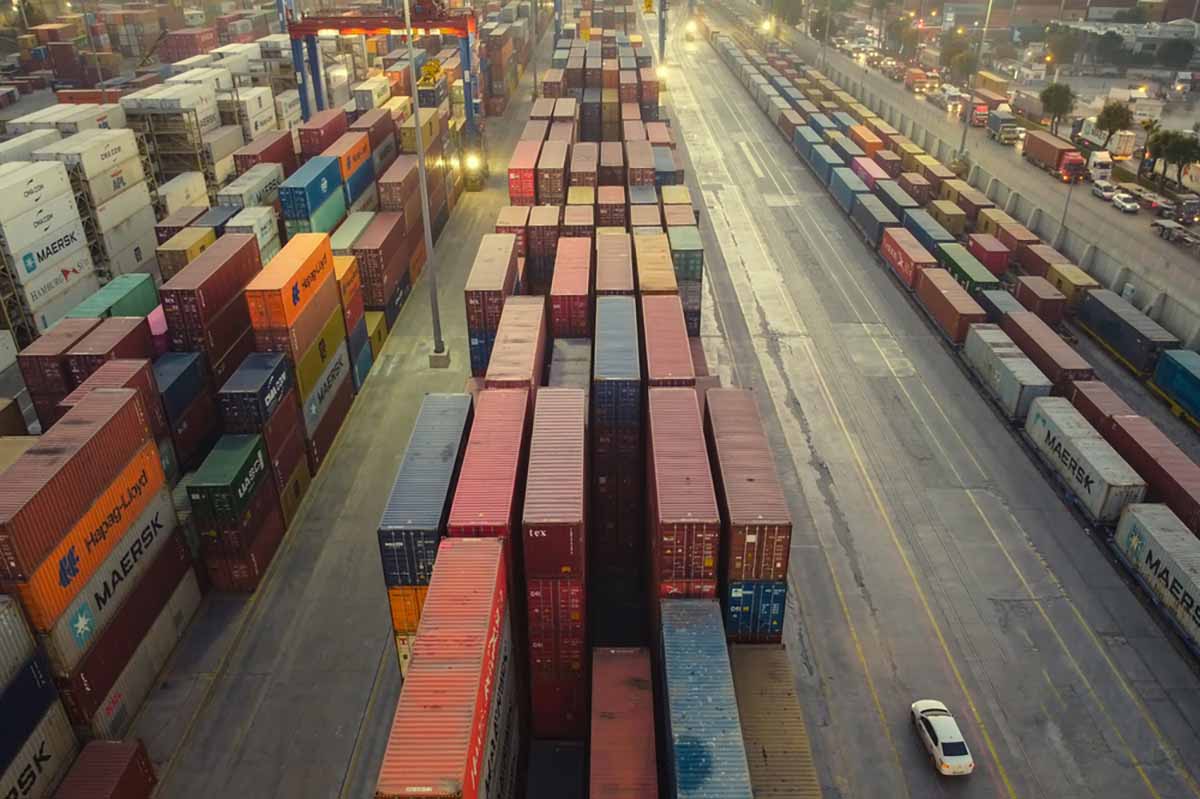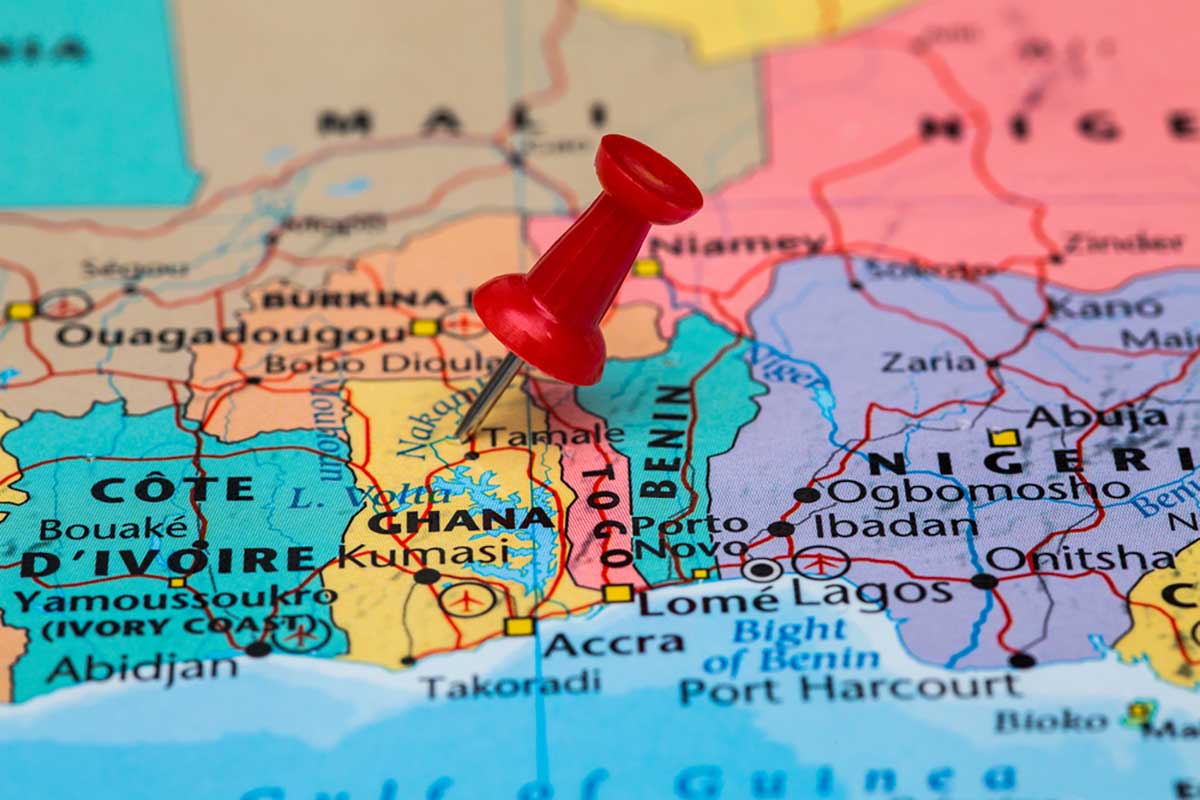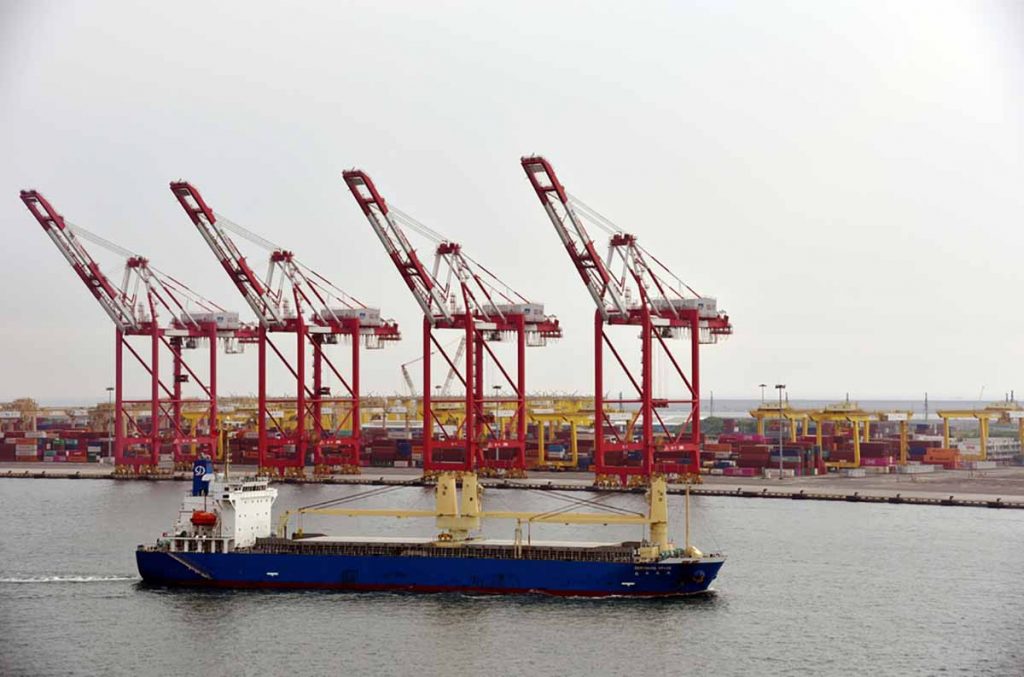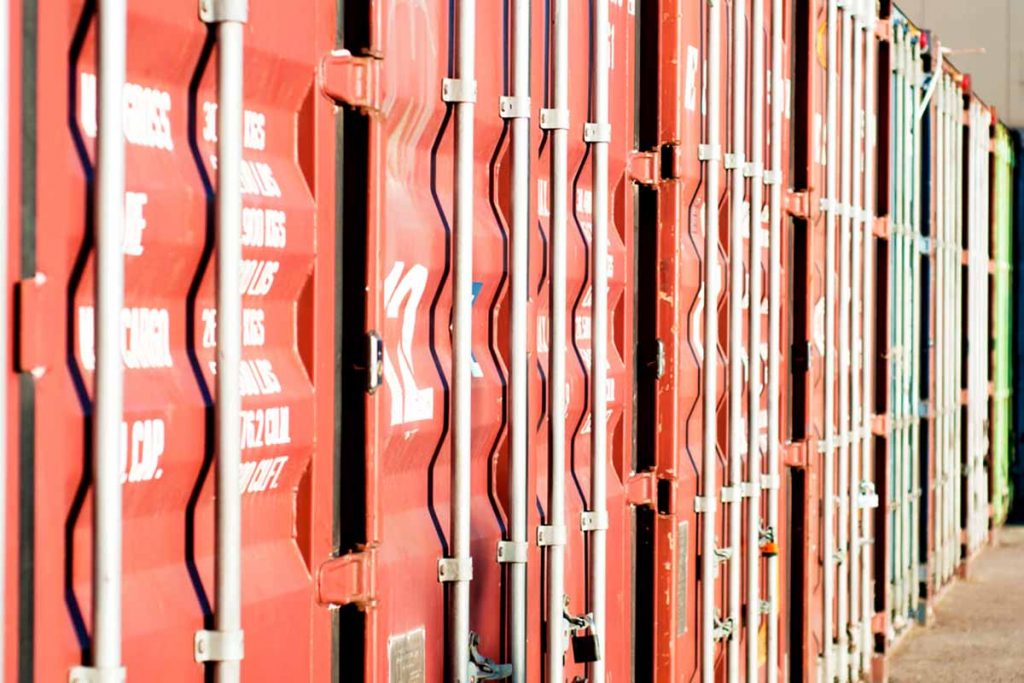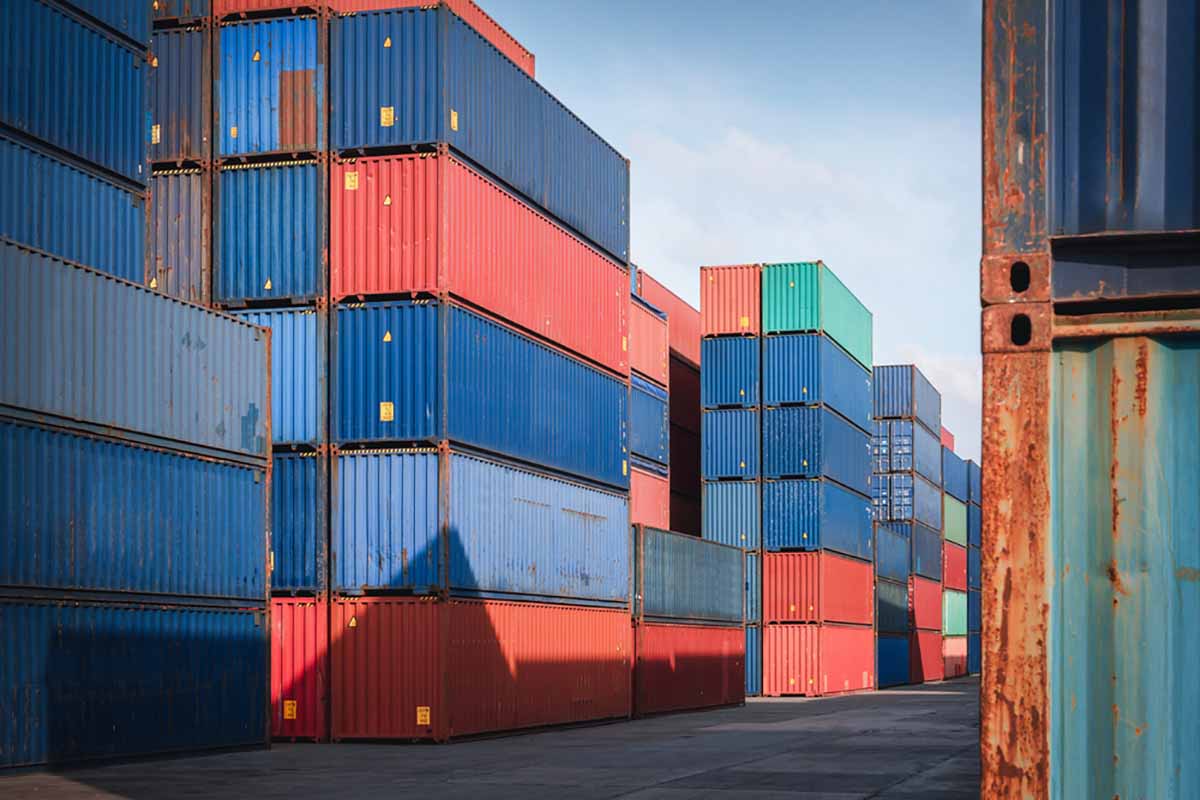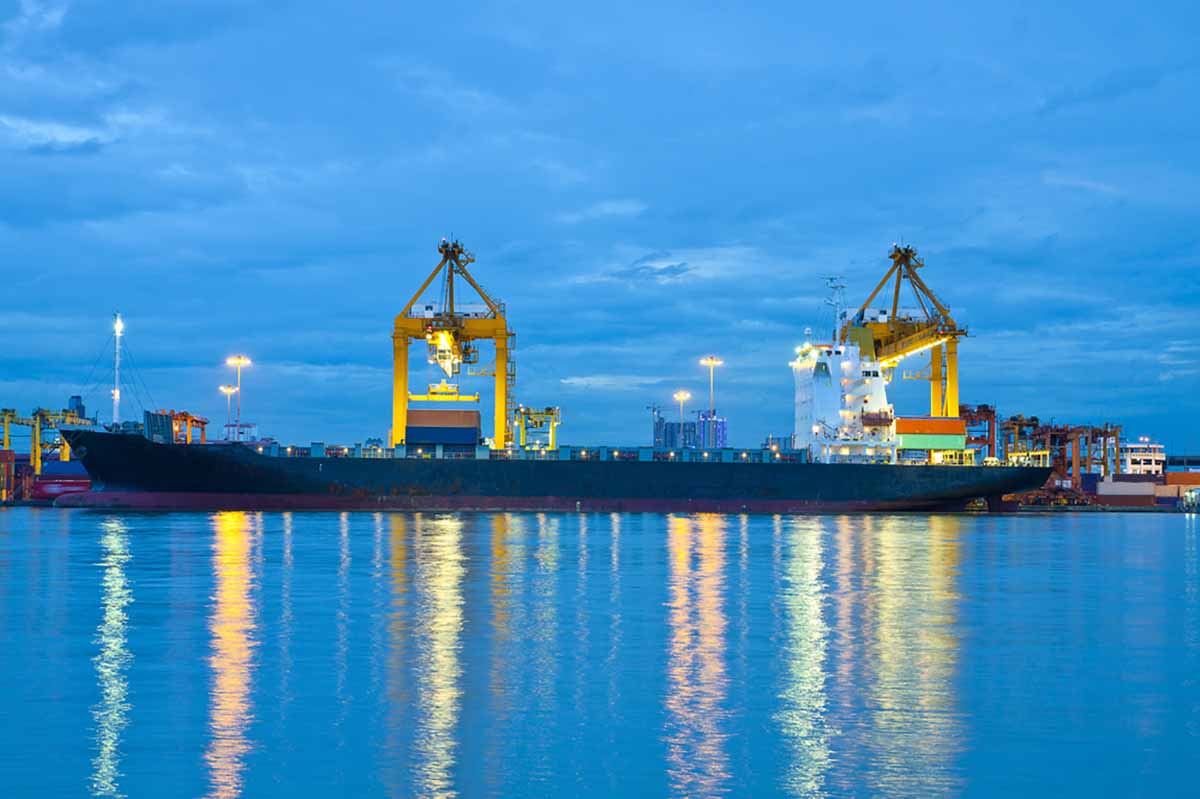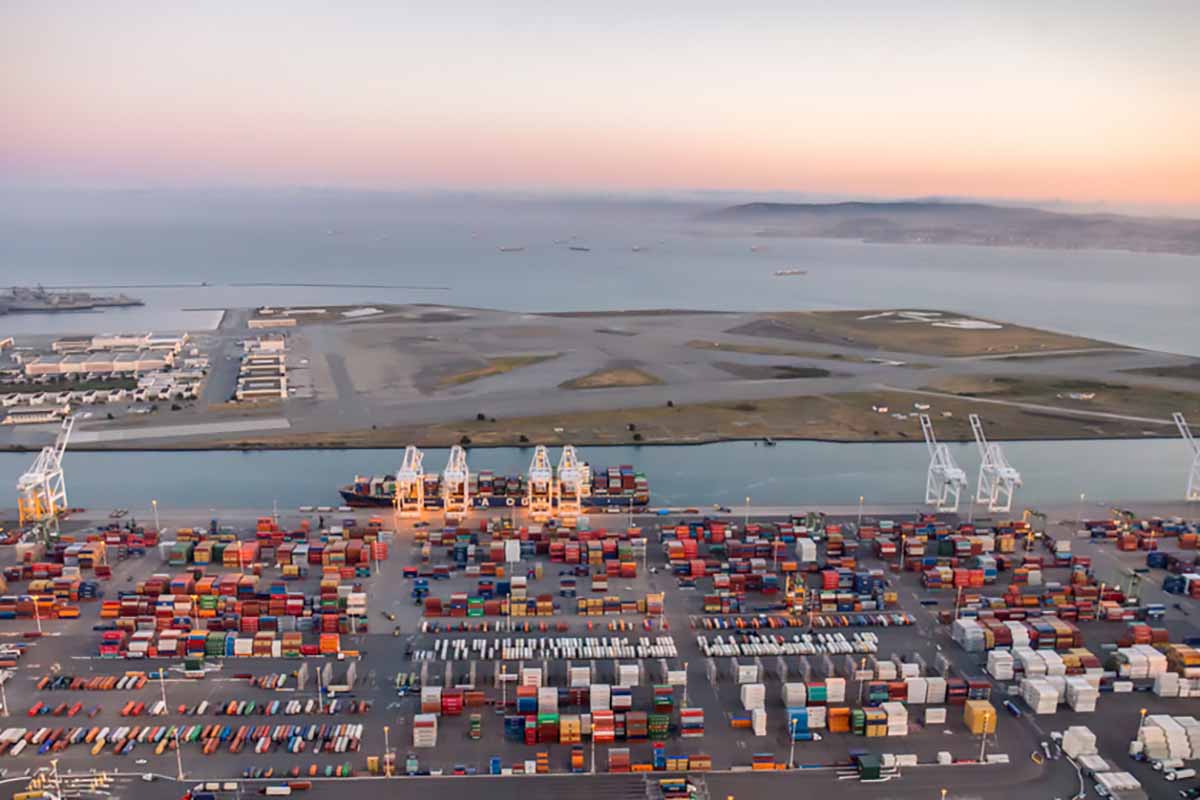
From January through March of this year, U.S. companies exported 120 million pounds of mixed plastics. | Rich Lonardo / Shutterstock
U.S. shipments of mixed plastic, a category that includes plastics recovered from electronic devices, jumped in the first quarter. Nearly two-thirds of the plastic went to Canada.


